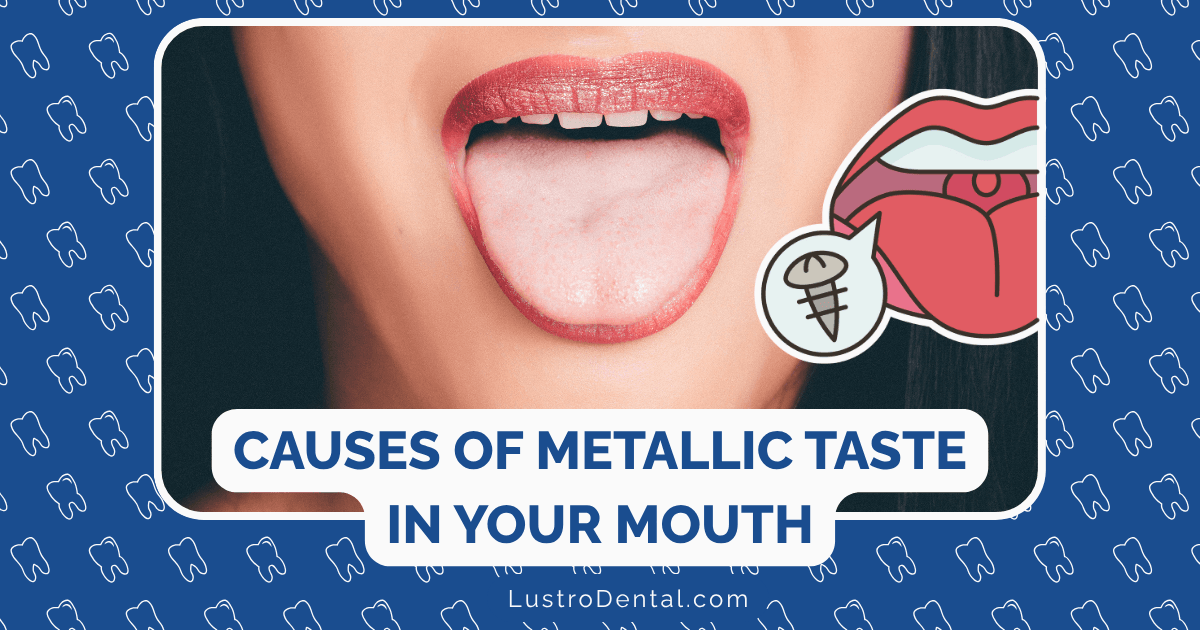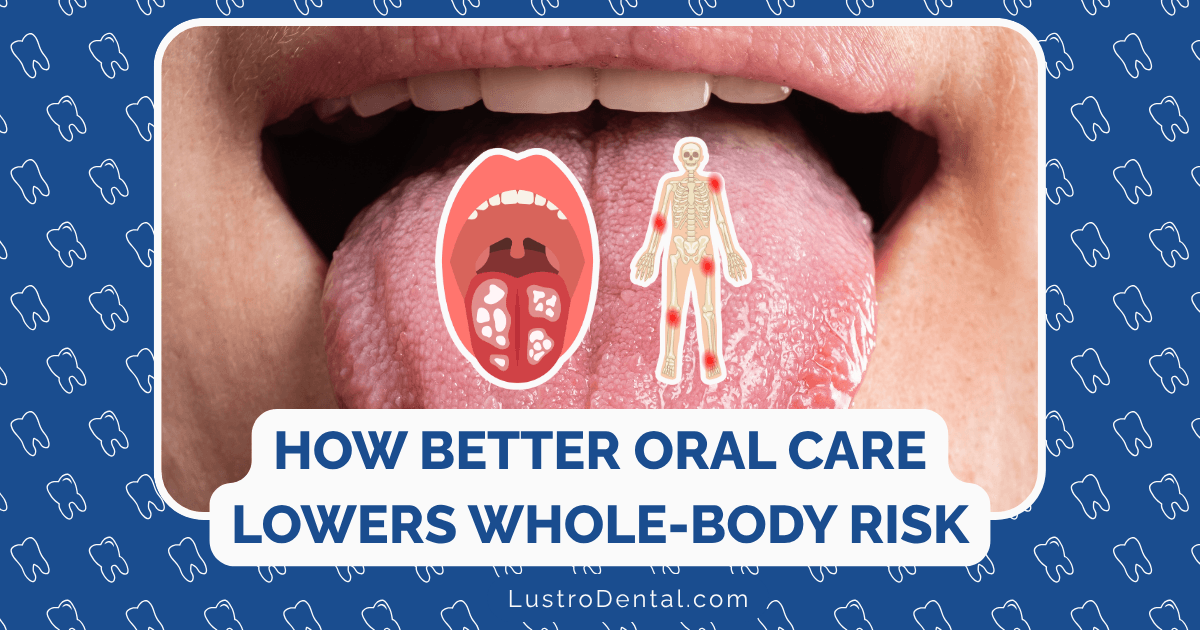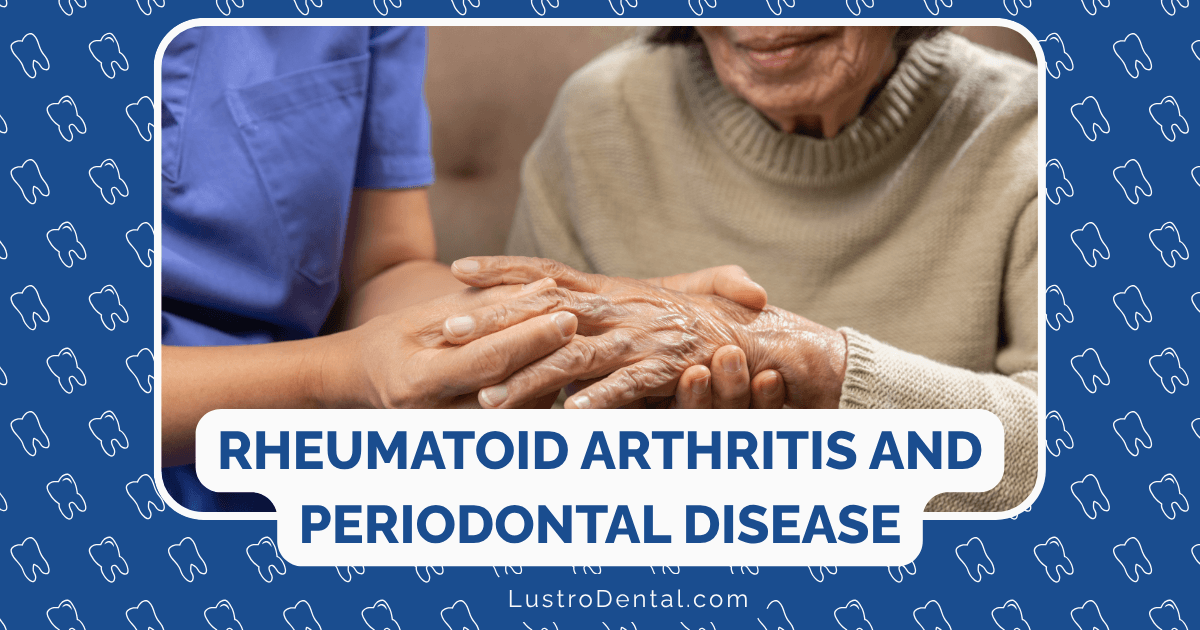Maintaining Oral Health with Dementia: Strategies for Caregivers

As a dental health advocate who has worked with countless families navigating the challenges of dementia care, I’ve witnessed firsthand how oral health often becomes a battleground. The simple act of brushing teeth—something most of us do automatically—can transform into a complex and emotionally charged experience for both the person with dementia and their caregiver.
Yet maintaining good oral health remains critically important, perhaps even more so for those with cognitive impairment. Poor oral hygiene doesn’t just lead to cavities or gum disease; it can contribute to serious health complications, exacerbate dementia symptoms, and significantly impact quality of life.
In this guide, I’ll share practical, compassionate strategies that can help caregivers navigate the challenges of providing effective oral care for loved ones with dementia.
Understanding the Connection: Oral Health and Dementia
Before diving into specific techniques, it’s important to understand why oral health matters so much in the context of dementia care.
The Bidirectional Relationship
Research has uncovered a concerning bidirectional relationship between oral health and cognitive function. A 2025 study from Downers Grove Health Center found that individuals with chronic gum disease for ten years or more have a 70% higher risk of developing Alzheimer’s disease. Meanwhile, cognitive decline makes maintaining oral hygiene increasingly difficult, creating a troubling cycle.
Dr. Sarah Chen, a geriatric dentist specializing in dementia care, explains: “The bacteria associated with periodontal disease can trigger inflammatory responses throughout the body, including the brain. At the same time, as cognitive function declines, the ability to maintain oral hygiene diminishes, allowing these bacteria to flourish.”
Beyond Dental Health
Poor oral health in dementia patients can lead to:
- Pain and discomfort that patients may be unable to communicate effectively
- Nutritional problems due to difficulty chewing or swallowing
- Increased behavioral issues stemming from undiagnosed dental pain
- Systemic health problems, including pneumonia from aspirating oral bacteria
- Social isolation due to bad breath or visible dental issues
As noted by the Alzheimer’s Association, good dental care is essential for avoiding mouth infections, digestion problems, and the need for complicated dental procedures that become increasingly challenging to manage as dementia progresses.
Common Challenges in Providing Oral Care
Caregivers often face multiple obstacles when helping someone with dementia maintain oral health:
Communication Barriers
As dementia progresses, understanding and following instructions becomes difficult. A person may not comprehend what you’re asking them to do or why it’s important.
Resistance to Care
According to research published in the Journal of Gerontological Nursing, up to 80% of certified nursing assistants report experiencing care-resistant behaviors during mouth care. These can range from mild (clenching the mouth shut) to severe (hitting or pushing away caregivers).
Forgetting the Process
Even in early stages, a person with dementia may forget steps in the brushing process or that they need to brush at all.
Motor Skill Difficulties
Dementia often affects fine motor skills, making it physically challenging to hold and manipulate a toothbrush effectively.
Sensory Sensitivities
Many people with dementia develop heightened sensitivities to tastes, textures, and sensations, making the experience of brushing uncomfortable or even frightening.
Practical Strategies for Caregivers
Despite these challenges, there are numerous approaches that can help make oral care more manageable and less stressful for everyone involved.
1. Creating the Right Environment
The setting in which oral care takes place can significantly impact success:
- Choose a quiet, well-lit space with minimal distractions
- Ensure privacy and comfort, which may mean adapting the bathroom or using an alternative location
- Maintain a consistent temperature that’s comfortable for the person
- Consider alternatives to the bathroom if it causes anxiety—a comfortable chair in front of the TV might work better
Today’s RDH suggests that performing oral care in a relaxed environment, such as while watching a favorite show, can help reduce resistance.
2. Timing Matters
When you attempt oral care can be just as important as how you do it:
- Identify the person’s “best time of day” when they’re typically more cooperative and less fatigued
- Establish a consistent routine, ideally at the same times each day
- Allow plenty of time rather than rushing, which can increase anxiety
- Break the process into shorter sessions if a full cleaning seems overwhelming
3. Effective Communication Techniques
How you communicate during oral care can dramatically affect outcomes:
The “Tell-Show-Do” Method
This three-step approach has proven effective across multiple studies:
- Tell: Explain what you’re going to do in simple, clear language
- Show: Demonstrate the action, perhaps by brushing your own teeth first
- Do: Perform the action gently, continuing to provide simple verbal cues
Additional Communication Tips
- Use short, simple instructions focusing on one step at a time
- Speak clearly and calmly, avoiding a tone that might sound patronizing
- Provide positive reinforcement throughout the process
- Use visual cues and gestures to supplement verbal instructions
- Maintain eye contact to help focus attention
The Alzheimer’s Society UK emphasizes the importance of gentle encouragement and positive reinforcement throughout the oral care process.
4. Adaptive Equipment and Products
The right tools can make a significant difference:
- Toothbrushes with modified handles that are easier to grip (wider, longer, or ergonomically designed)
- Electric toothbrushes for those in early to middle stages (though these may be too stimulating for some)
- Interdental brushes or floss holders with extended handles for easier use
- Non-foaming toothpaste for those with swallowing difficulties
- Alcohol-free mouthwash to prevent dry mouth and irritation
- Mouth props (if recommended by a dentist) to help keep the mouth open safely
According to Geriatric House Call Dentistry, adaptive tools can significantly reduce the physical challenges of providing oral care.
5. Managing Resistance and Difficult Behaviors
When resistance occurs, these strategies may help:
Distraction Techniques
- Singing favorite songs during brushing
- Telling stories or reminiscing about pleasant memories
- Using a stuffed animal or comfort object to demonstrate brushing first
- Playing gentle music that the person enjoys
Bridging
This technique involves having the person hold an identical toothbrush while you brush their teeth, giving them a sense of control and participation in the process.
Hand-over-Hand Guidance
Gently place your hand over theirs to guide the toothbrush, allowing them to feel involved in the process while ensuring proper technique.
Mirroring
Sit facing the person and brush your own teeth, encouraging them to mirror your actions.
Managing Refusal
If the person refuses care completely:
- Don’t force it – this can traumatize the person and damage trust
- Try again later when the person may be more receptive
- Consider alternative cleaning methods like oral swabs or specialized wipes
- Consult with a dentist about temporary solutions for periods of resistance
Research from Beyond Well Home Care suggests that engaging distractions, like soft music or pleasant conversation, can help redirect attention during oral care.
Stage-Specific Approaches
Different stages of dementia require adapted approaches to oral care:
Early Stage
In the early stage, the person may still be able to brush independently but might need reminders or supervision:
- Provide gentle reminders about brushing routine
- Set up the toothbrush with toothpaste ready to use
- Use written reminders or visual cues in the bathroom
- Encourage independence while monitoring for thoroughness
Middle Stage
During the middle stage, more hands-on assistance is typically needed:
- Guide the person through each step of the process
- Use the hand-over-hand technique to assist with brushing
- Demonstrate on yourself first to show what needs to be done
- Be prepared to take over if the person becomes frustrated or tired
Late Stage
In advanced dementia, the caregiver will likely need to perform all oral care:
- Position the person comfortably, perhaps at a 45-degree angle if in bed
- Use a soft cloth or specialized oral swab if a toothbrush causes distress
- Focus on gentle but thorough cleaning, especially along the gumline
- Consider using mouth moisturizers to prevent dry mouth
- Check regularly for signs of pain or infection, as the person may be unable to communicate discomfort
The Alzheimer’s Society UK notes that in later stages, the focus shifts to keeping the mouth clean and comfortable to prevent infections and discomfort.
Professional Dental Care Considerations
Regular professional dental care remains important throughout the dementia journey:
Finding a Dementia-Friendly Dentist
Look for a dentist who:
- Has experience working with dementia patients
- Offers accommodations like shorter appointments or quiet waiting areas
- Is willing to collaborate with caregivers on care plans
- Provides clear, written instructions for home care
Timing of Appointments
According to Blende Dental Group, morning appointments are generally best, as patients tend to be more cooperative earlier in the day when fatigue is minimal.
Special Services to Consider
- Mobile or house-call dental services that come to the person’s residence
- Sedation dentistry options for those with severe anxiety or resistance
- Coordination with the person’s physician regarding medications and overall health status
Preparing for Dental Visits
- Call ahead to explain the person’s condition and specific needs
- Bring familiar items from home to provide comfort
- Schedule appointments during the person’s best time of day
- Consider bringing another family member for additional support
Preventive Strategies Beyond Brushing
While brushing and flossing form the foundation of oral care, additional preventive measures can help maintain oral health:
Dietary Considerations
- Limit sugary foods and drinks, especially between meals
- Ensure adequate hydration to prevent dry mouth
- Choose easy-to-chew, nutrient-rich foods that support dental health
- Consider xylitol-containing products (gums, mints) which can help reduce cavity risk
Medication Management
Many medications commonly prescribed for dementia and related conditions cause dry mouth, increasing the risk of decay and gum disease:
- Discuss medication side effects with the person’s physician
- Use alcohol-free mouth moisturizers as recommended by a dentist
- Consider saliva substitutes if dry mouth is severe
- Ensure adequate hydration throughout the day
Regular Monitoring
Caregivers should routinely check for signs of dental problems:
- Changes in eating habits or sudden refusal of certain foods
- Facial swelling or grimacing when eating or drinking
- Bad breath that persists despite regular cleaning
- Bleeding gums or visible changes in the mouth
- Behavioral changes that might indicate pain or discomfort
Self-Care for Caregivers
Providing oral care for someone with dementia can be physically and emotionally taxing. Remember to:
- Be patient with yourself and acknowledge that perfect oral care may not always be possible
- Celebrate small successes rather than focusing on challenges
- Connect with other caregivers through support groups to share strategies
- Seek respite care when needed to prevent burnout
- Consult with professionals for specific challenges rather than struggling alone
As noted by Today’s RDH, caregiver distress affects 45% of those supporting older adults with dementia. Taking care of your own wellbeing is essential for providing effective care.
Conclusion: Compassionate Care Makes a Difference
Maintaining oral health for someone with dementia requires patience, creativity, and adaptability. There will be challenging days when perfect oral care simply isn’t possible, and that’s okay. The goal is to provide the best care possible while preserving dignity and minimizing distress.
Remember that your efforts make a significant difference not just to the person’s oral health, but to their overall comfort, nutrition, and quality of life. By approaching oral care with compassion and using the strategies outlined above, you can help ensure that dental health doesn’t become an additional burden in the dementia journey.
As with all aspects of dementia care, flexibility and a willingness to try different approaches are key. What works today may not work tomorrow, and what works for one person may not work for another. Trust your knowledge of the person you’re caring for, be willing to adapt, and don’t hesitate to seek professional guidance when needed.
Do you have experience caring for someone with dementia? What oral care strategies have worked best for you? Share your insights in the comments below to help other caregivers on this journey.







